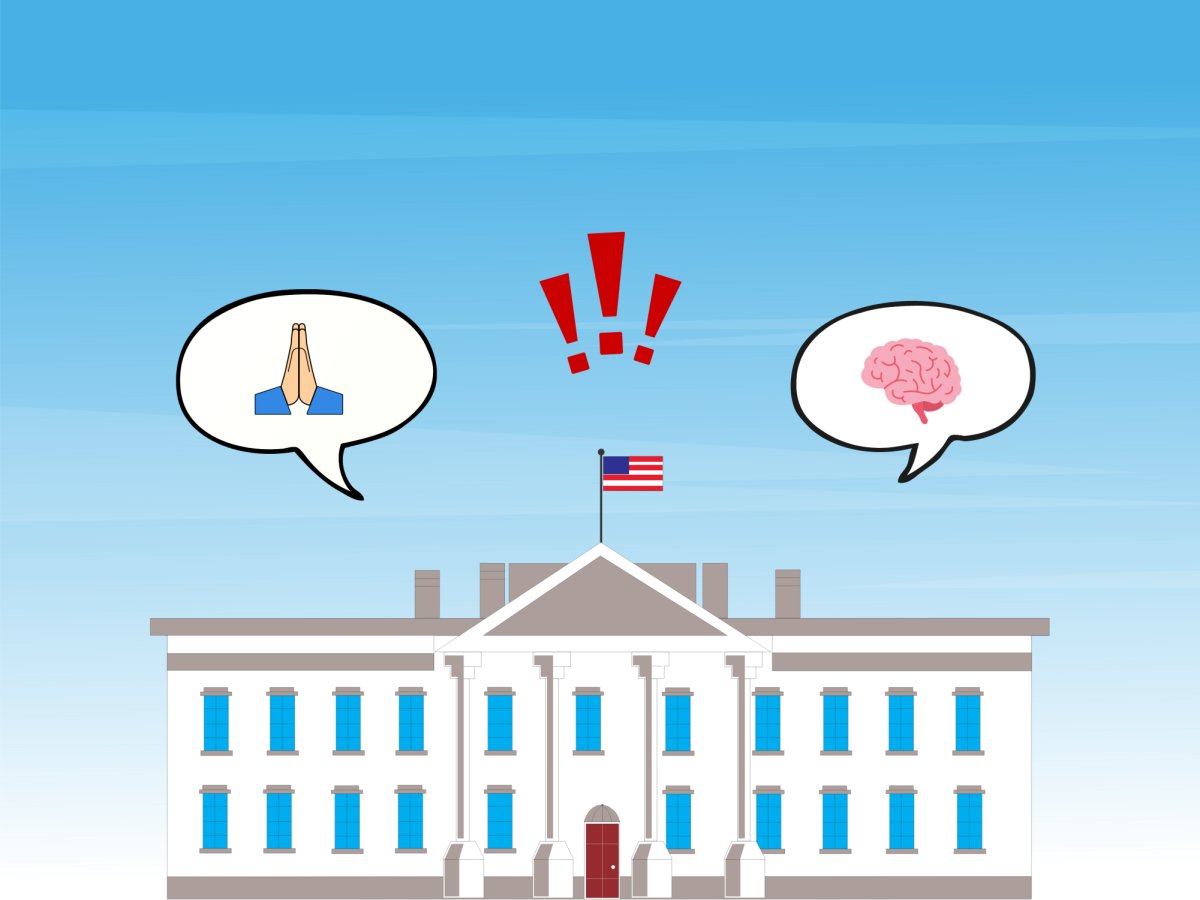The benefits of HawkHealth
Counseling and Psychological Services (CAPS) at St. Joe’s is releasing a new mental health resource app for the university community. The app is set to be titled HawkHealth and will feature online counseling with trained students and CAPS counselors.
As of now, there is evidently a limited pool of resources for CAPS services on campus. There seems to be a struggle with accommodating the influx of students seeking mental health services.
It is important for people of all ages to take care of themselves and promote individual mental well-being. But college poses new and different challenges, making it imperative for students our age to take care of ourselves and be provided adequate resources to do so.
However here at St. Joe’s, CAPS offices are located in Merion Gardens and there are limited office drop-in hours in LaFarge Hall. The locations are not necessarily central and accessible for all students. Moreover, there is tight availability for consistent appointments with consultants, and it seems difficult getting everyone’s needs met.
Therefore, the Editorial Board supports the efforts of CAPS, with the help of University Student Senate (USS), to pilot a new app that will make mental health services more pervasive in the community as well as encourage St. Joe’s students to make their mental health a priority.
Releasing an app will be an effective way to outsource some of the pressures put on CAPS and allow them to expand their services to students for whom time and convenience of locations may pose a challenge.
Sometimes, one of the most difficult things for people to acknowledge is when they are going through a tough period and need help. It takes a lot to overcome certain emotions and stigmas to take advantage of mental health services. We believe this app will have a positive impact in making mental health resources more accessible to the larger community because it will allow students to receive aid readily and privately.
Moreover, mental health has started to become a normalized topic within our discourse on a college campus. Members of our community can benefit from access to ways to cope with stress, trauma, depression, anxiety and other challenges. Creating an app will help integrate the discussion of mental health into our lives in a casual and informal way.
An app is something seemingly small, but it can reach a large population of people and make conversations about mental health more casual. Overall, this helps to destigmatize conversations around bettering mental health.
What is important to note is that HawkHealth will not replace any services currently being offered. In fact, it’s doing just the opposite; it is working to expand the services offered and streamline the process of getting members of the community the help they need. We recognize there is financial strain on the university and providing enough services in CAPS may be difficult. However, if we want to make sustained changes and large-scale adjustments to the department, it is ultimately beneficial to start small.
Of course, we would like to see new therapists hired, new central locations for CAPS offices and other large scale implementations of the sort. Having certified counselors and in person appointments are two extremely important resources to have, and we should make sure this app does not overshadow efforts to improve those resources.
Creating a new app is a way this university can address the issue of a lack of resources at the grassroots level and make mental health services more accessible and prevalent in our community.
– The Editorial Board
This week’s Editorial Board is comprised of the Editor in Chief, Managing Editor, Special Projects Editor, News Editor, Assistant News Editor, Photo Editor, Features Editor, Assistant Features Editor, Opinions Editor and Staff Columnist. This editorial reflects the views of the Board and not the entire Hawk staff.












































